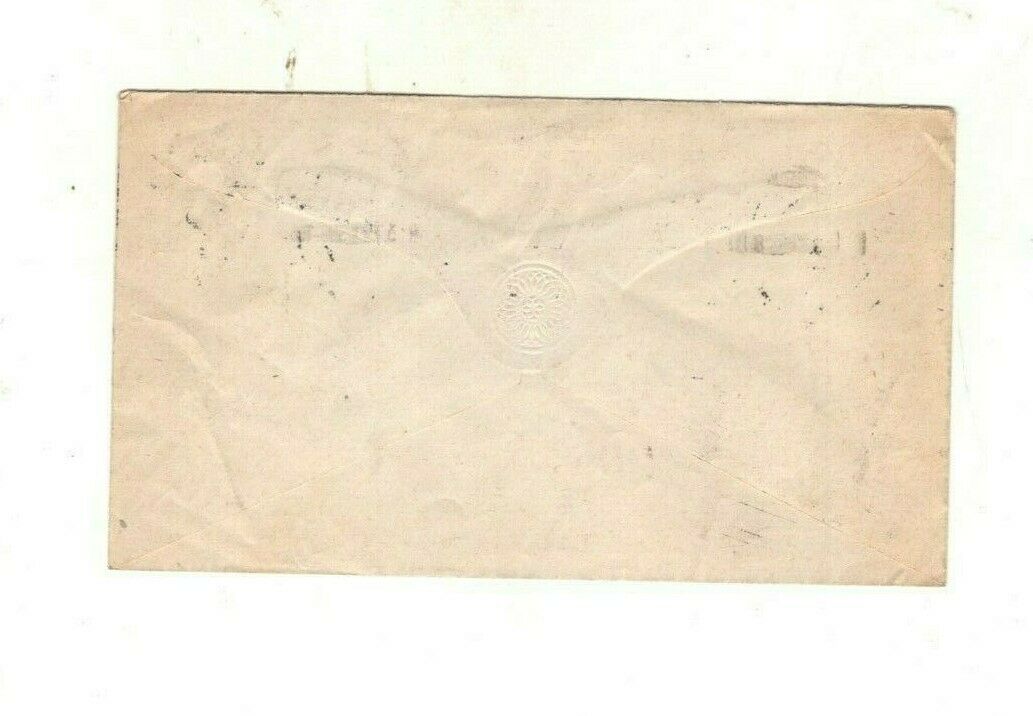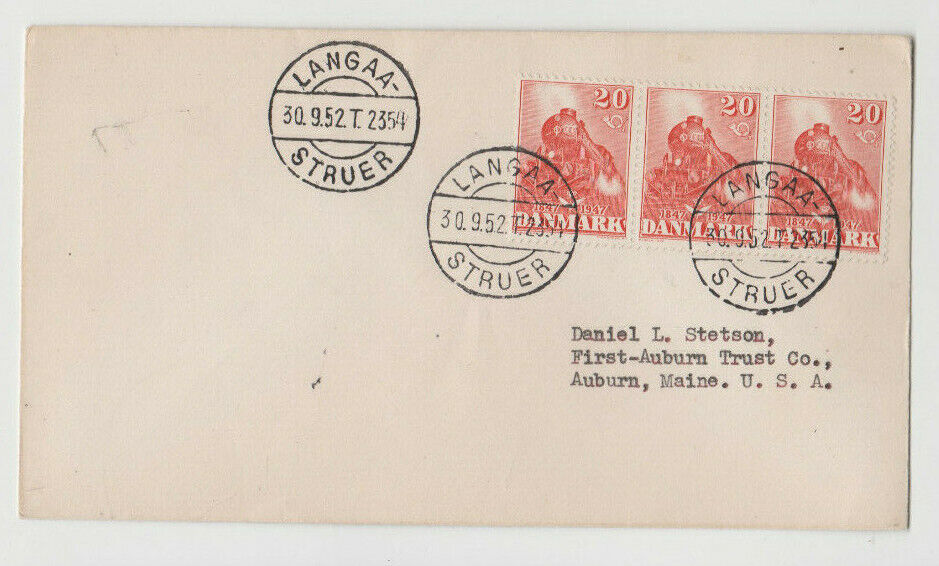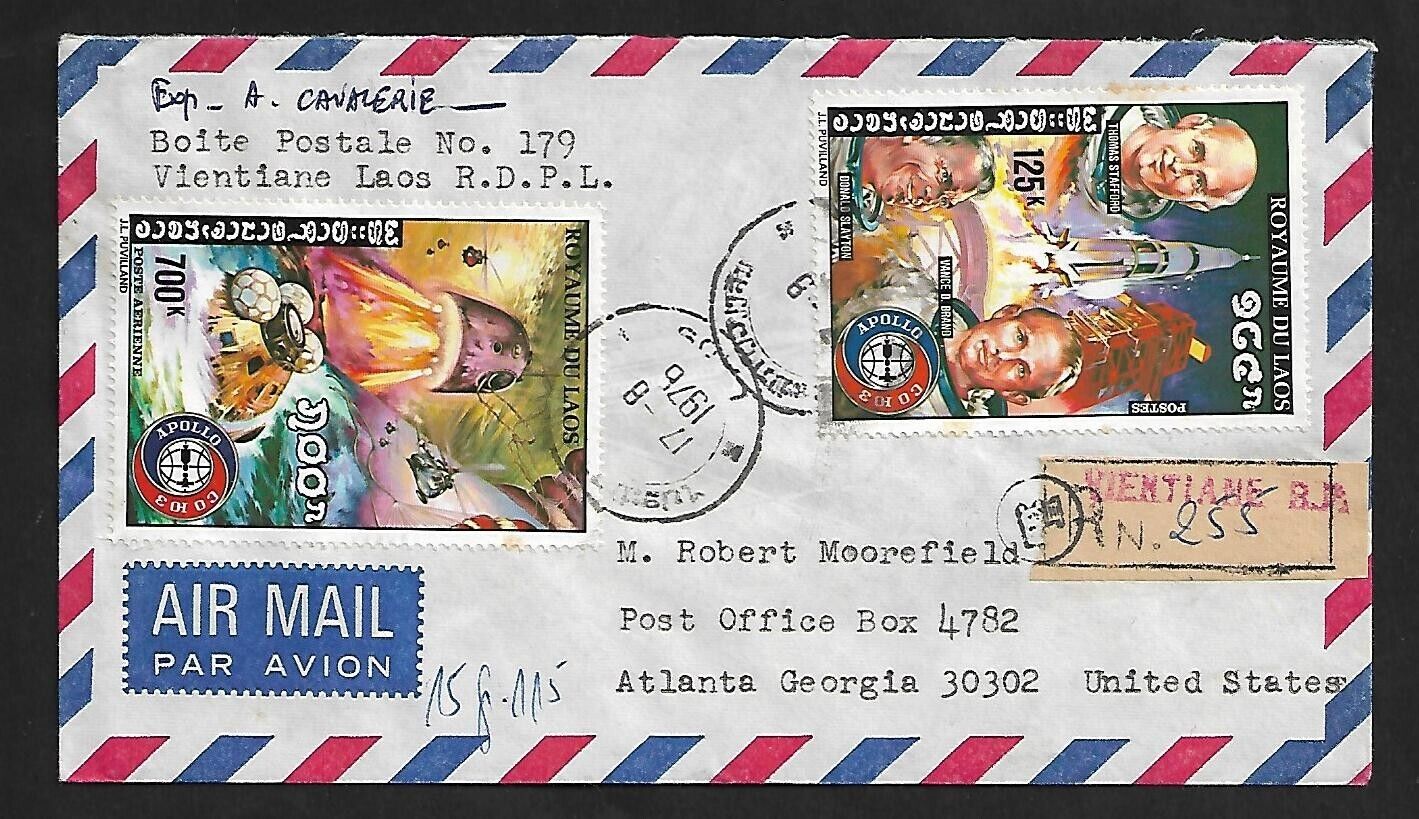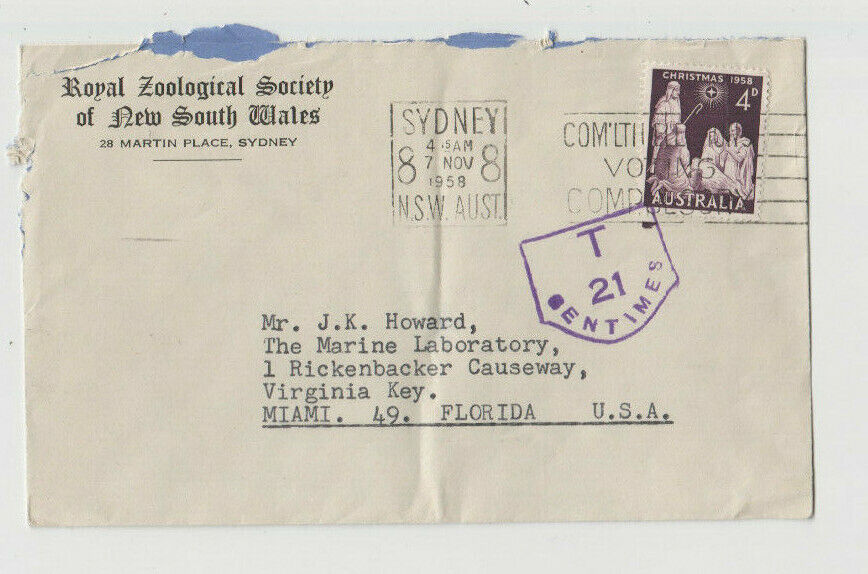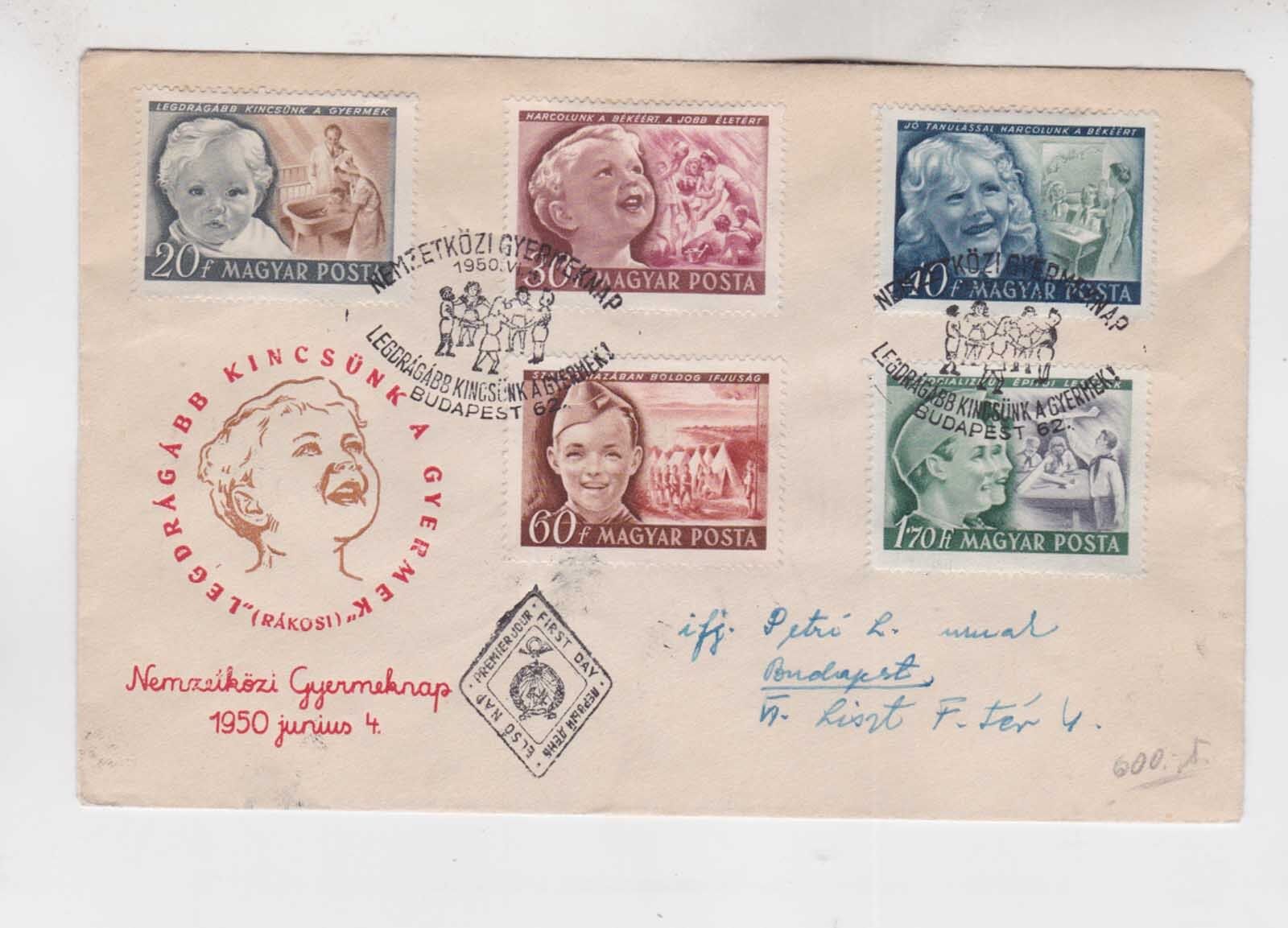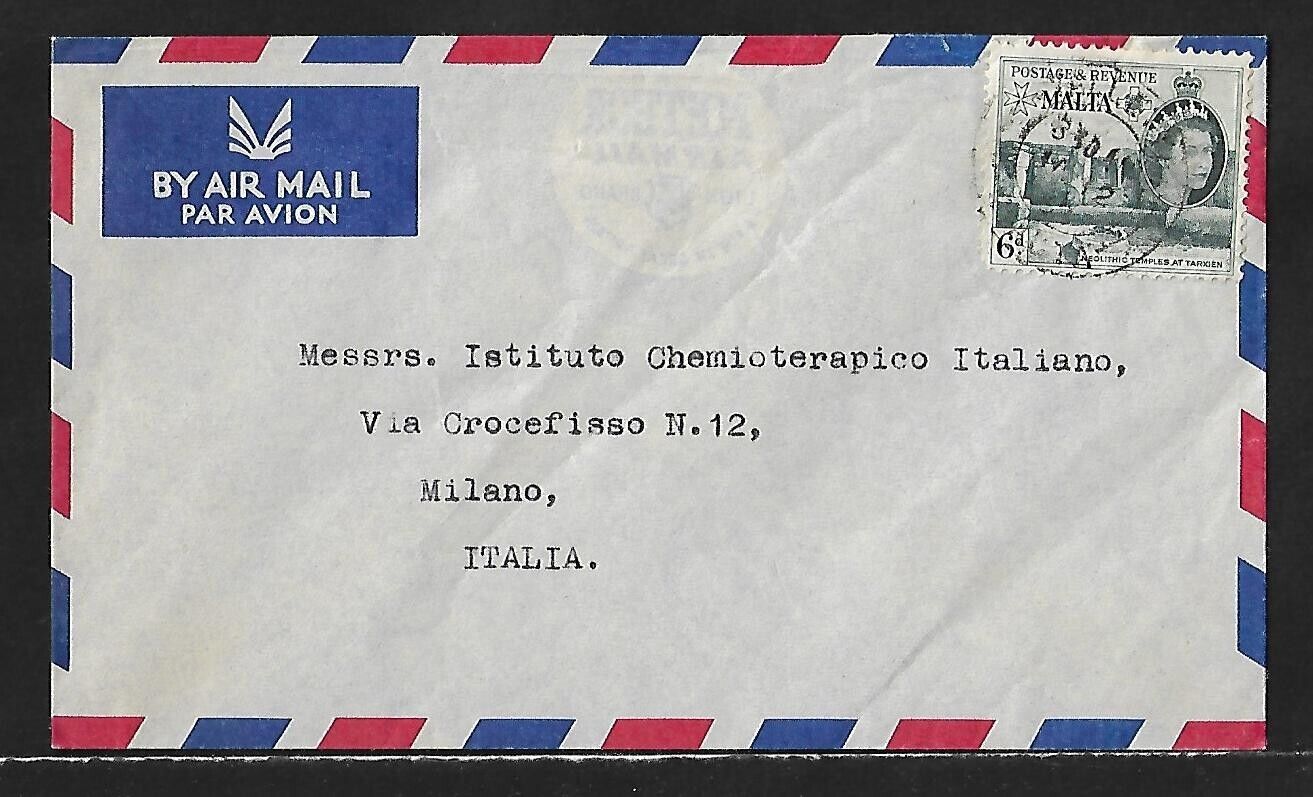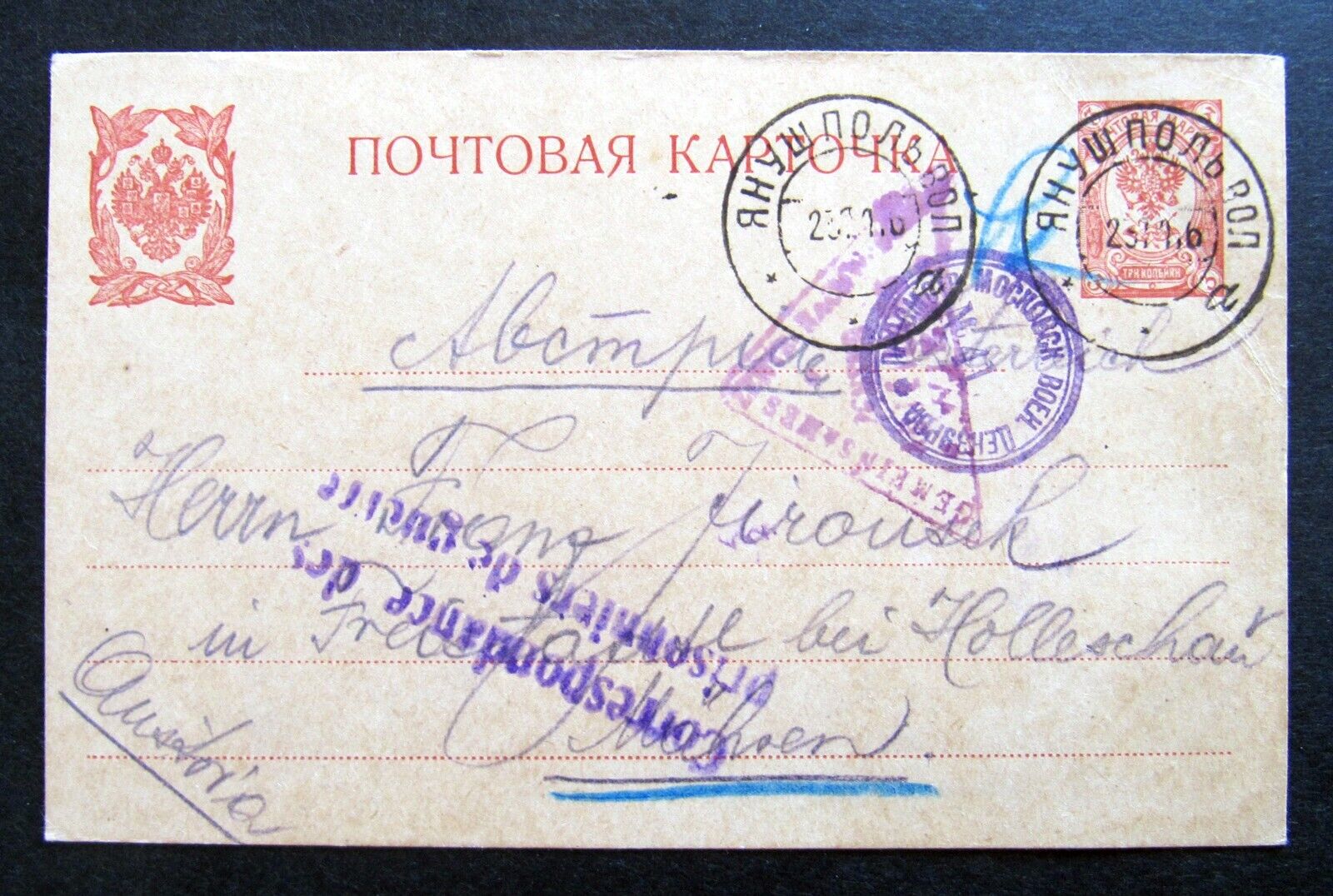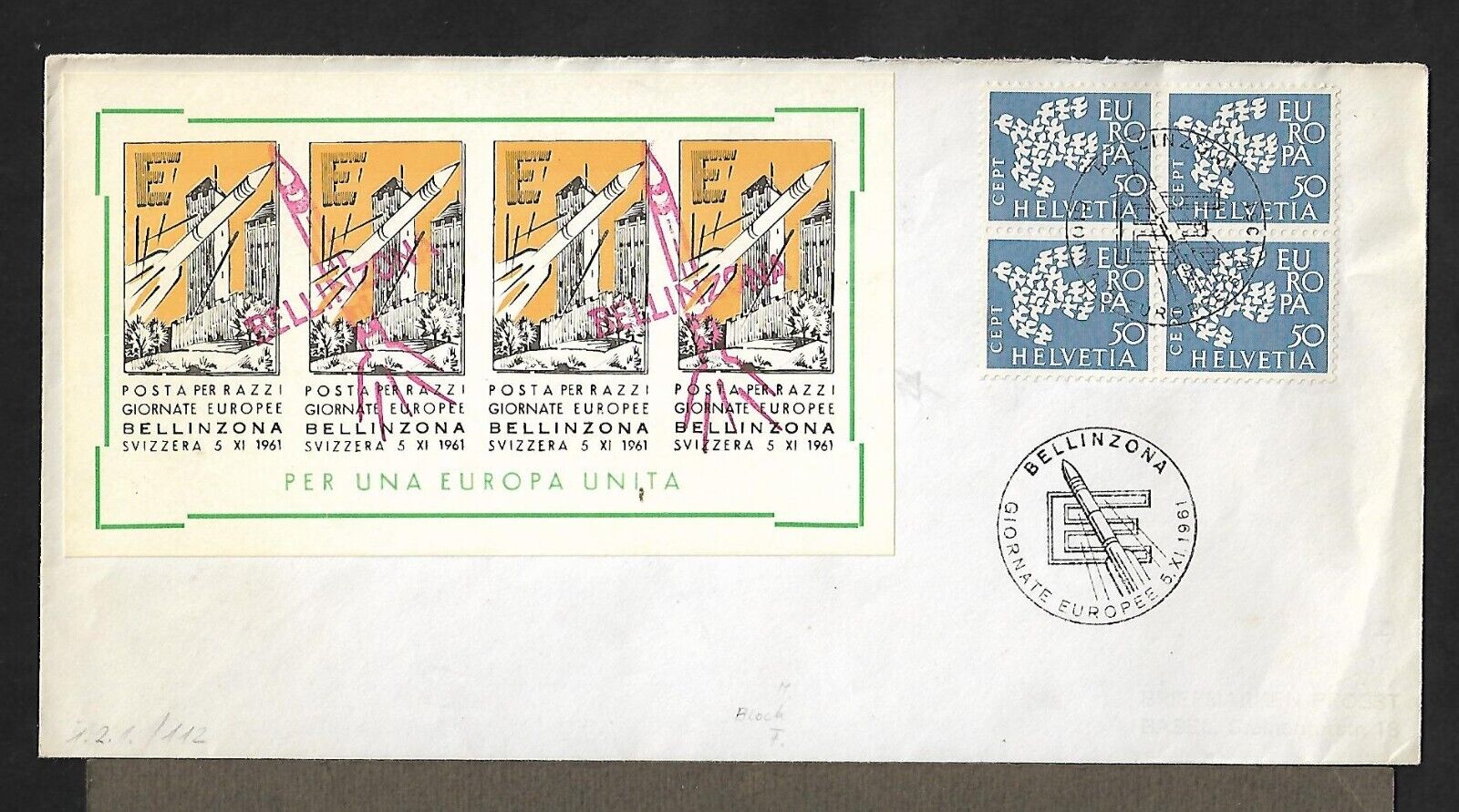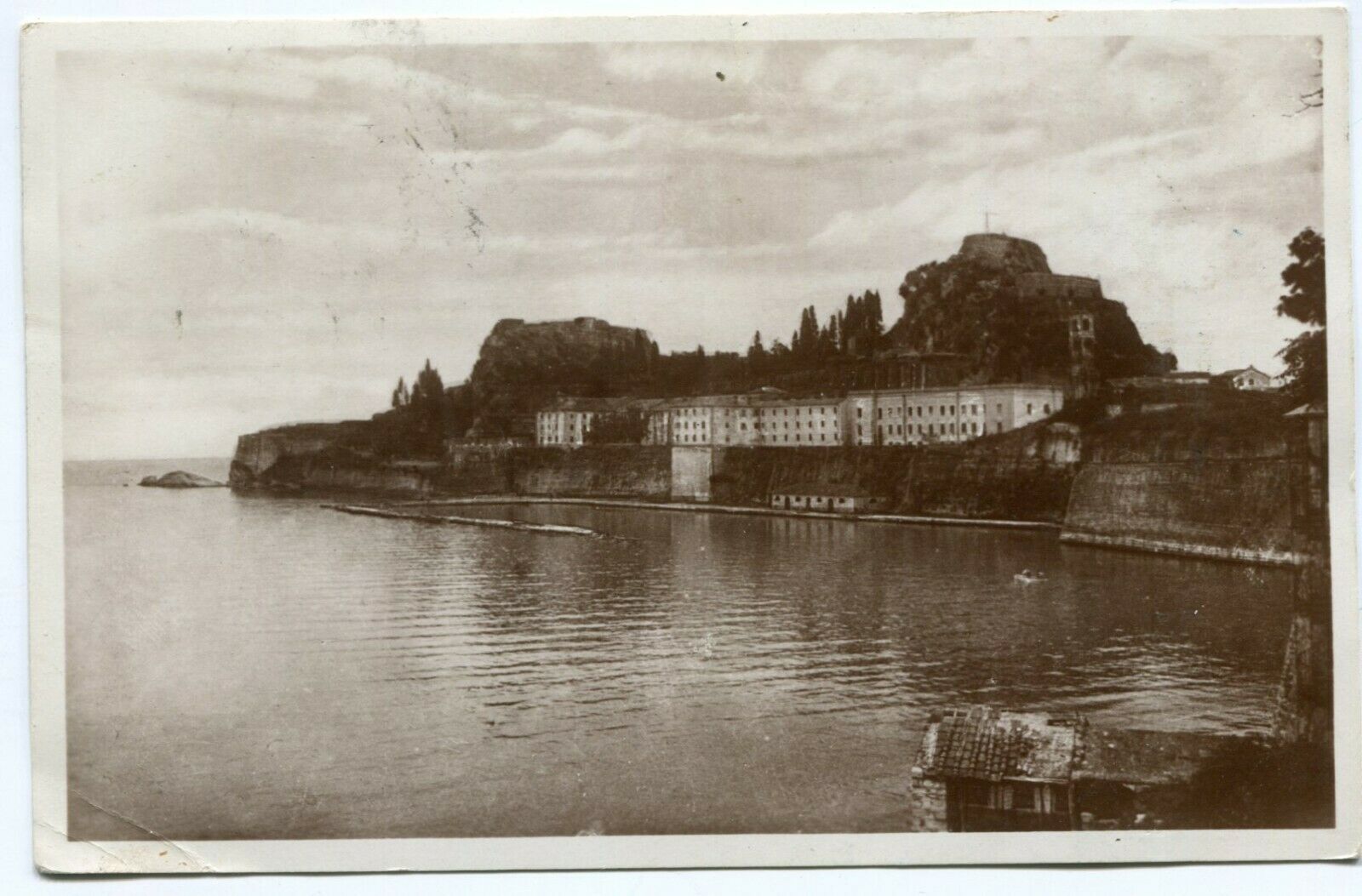-40%
HELIGOLAND POSTAL STATIONARY 1 1/2p VICTORIA USED JULY 1939 w/GERMAN STAMP,RARE!
$ 17.95
- Description
- Size Guide
Description
An Interesting mix of issues, one a defunct 19th Century British Colony in Europe,which later became part of Germany,
the other a definitve stamp from the Third Reich.
sender, Kapitan W. Sachse, Hamburg - Blankenese
July 3, 1939
Hamburg is the nearest large German city to Heligoland.
Heligoland
(
/
ˈ
h
ɛ
l
ɪ
ɡ
oʊ
l
æ
n
d
/
; German:
Helgoland
[ˈhɛlɡolant]
;
Heligolandic Frisian
:
deät Lun
lit.
'"the Land"',
Mooring Frisian
:
Hålilönj,
Danish:
Helgoland
) is a small
archipelago
in the
North Sea
.
[2]
A part of the
German
state of
Schleswig-Holstein
since 1890, the islands were historically possessions of
Denmark
, then became the possessions of the
United Kingdom
from 1807 to 1890, and briefly managed as a war prize from 1945 to 1952.
The islands are located in the
Heligoland Bight
(part of the
German Bight
) in the southeastern corner of the North Sea and had a population of 1,127 at the end of 2016. They are the only
German islands
not in the vicinity of the mainland. They lie approximately 69 kilometres (43 miles) by sea from
Cuxhaven
at the mouth of the
River Elbe
. During a visit to the islands,
August Heinrich Hoffmann von Fallersleben
wrote the lyrics to "
Deutschlandlied
", which became the national anthem of Germany.
[
citation needed
]
In addition to German, the local population, who are ethnic
Frisians
, speak the
Heligolandic
dialect of the
North Frisian language
called
Halunder
. Heligoland used to be called
Heyligeland
, or "holy land", possibly due to the island's long association with the god
Forseti
The
Battle of the Heligoland Bight
[6]
[7]
was the first "named" air battle of the
Second World War
, which began the longest air campaign of the war, the
Defence of the Reich
.
[8]
On 3 September 1939, the
United Kingdom
declared war on
Nazi Germany
after the
German invasion of Poland
, which started the
European War
. The British did not assist Poland by land or sea but
RAF Bomber Command
flew several missions against German targets. A number of these
air raids
were directed at
Kriegsmarine
(German Navy) warships in German ports to prevent their use in the
Battle of the Atlantic
. With the front lines static between September 1939 and May 1940, a period known as the "
Phoney War
" set in, with little fighting on land or in the air.

